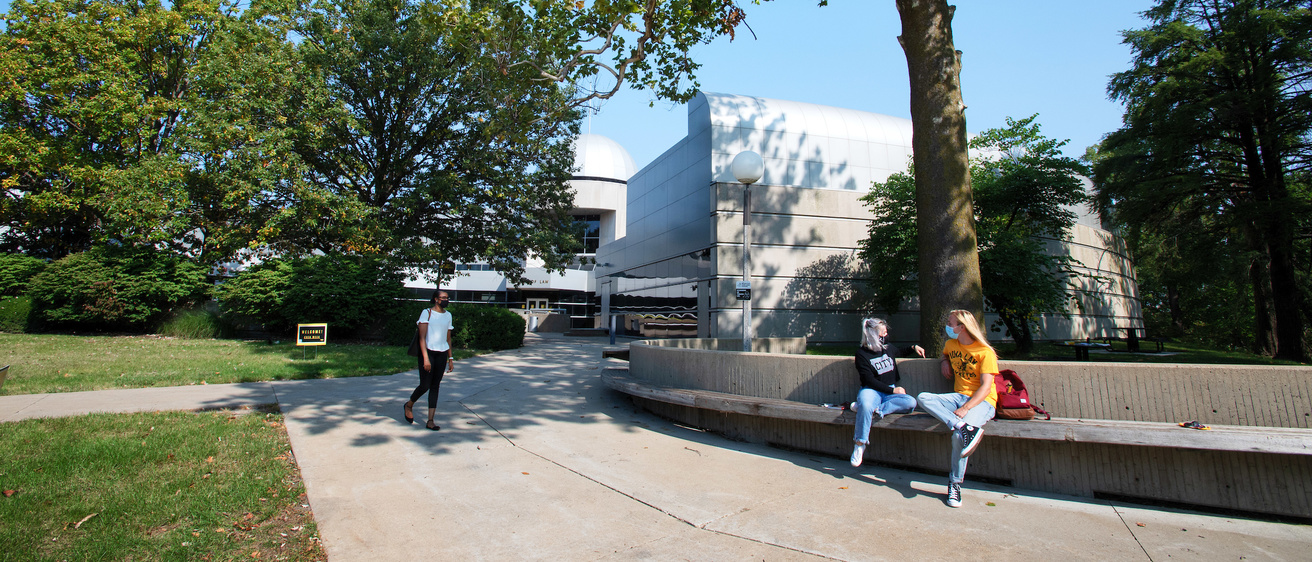This semester, the law students in Professor Lea VanderVelde’s Employment Law course have been doing cutting-edge research into how the pandemic is impacting work laws, as it re-arranges workplaces, requires business closures, transforms the ways we get goods, decimates the service sector, and sickens millions of workers.
As students studied the traditional topics in the employment law curriculum, they also researched how the COVID-19 pandemic was impacting these laws. They were introduced to the sources that experts in the field use to keep up on fast-moving changes, such as reading on-line sources like the Daily Labor Report, white papers of leading law firms, and current state and federal agency guidelines from the Department of Labor and EEOC.
“The sudden emergence of COVID-19 forced considerable changes in many aspects of life—and Professor Vandervelde’s paper addresses its impact on some key areas of employment law. Professor Vandervelde’s course provided us with the proper foundation to effectively address the pandemic’s effect in this area of law. It was an honor and a privilege being a part of this research,” said Iowa Law student Kevin Kim.
This research allowed VanderVelde’s students to witness change as it happened, to reflect on the likely direction the law would take, and to assess the pandemic’s lasting influence on employment law.
Each student produced a different report analyzing how the issue was changing under the new circumstances.
“The opportunity to write a paper involving employment law and the COVID-19 pandemic was my favorite part of this class with Professor VanderVelde. It gave me a chance to apply employment law doctrines I have learned in class to current events. This was not only a fantastic way to test my understanding, but it also provided a practical application of the same processes attorneys and legal scholars undergo,” said 2L Nicholas Day.
By studying their chosen issue over several weeks, students were able to watch changes as they evolved, a method that excellently prepares them for the field of employment law as it exists and prepares them to anticipate the changes to come.
Topics, complete with bibliographies, included the latest thinking on the following questions:
- How previous pandemics changed the baseline of employment laws.
- Implications of the pandemic on the gig economy.
- How COVID-19 has impacted OSHA.
- How will unemployment compensation funds be sustained under higher unemployment claims in various states, and what requirements are likely to be waived.
- Occupational-specific issues, such effects on public school teachers, medical licensure due to tele-practicing of medicine, and even whether the cancellation of college and national football are likely to affect current efforts to re-classify student players as employees.
- The pandemic’s effect on wage theft, and sick leave.
- How work-from-home affects monitoring employees and recording hours and whether work from home re-classifies employees as independent contractors.
- Employee privacy including what questions employers can ask? How much employers can mandate changes in their employees’ social lives and whether employers can legally mandate vaccinations?
- Do whistleblowers alerting others to dangerous practices get protection against retaliation?
- What is the legal significance of classifying workers as essential workers?
Altogether, the students’ reporting produced a 90-page white paper on where employment law stands at the current moment, and how one would expect it to change. You can read their research here.
Payten Little is the Assistant to Social Media for the College of Law in External Relations. She majored in Journalism and Creative writing and graduated from the University of Iowa in December 2020. When she’s not drafting social content or editing web content, she’s writing articles for her personal blog Girl, I Get You.
